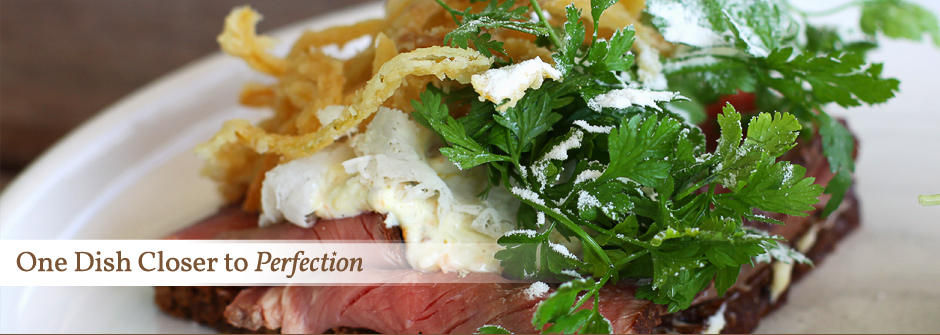A sad day for the UK
 Friday, May 8, 2015 at 10:43PM
Friday, May 8, 2015 at 10:43PM I don’t often post anything political on my blog, at least not about my personal views, but today’s news that we are to be subjected to another 5 years of Tory government has made me feel angry, upset and disillusioned.
This morning I posted the following status update on Facebook:

To which one of my friends – one of the few Tories I do associate with – replied:

I know she said this in jest and that much of the rant that follows does not reflect her views, but nonetheless I feel compelled to respond.
I am not a communist; there is not one historical example of it working in reality and contemporary examples are hardly textbook. However, I do believe that people less fortunate than me should be given a chance to succeed and that means affordable education and a welfare system. I know there are some people who take advantage of this, but what about people who are disabled or from an impoverished background who haven’t had the chances I was given in terms of education and a loving and nurturing family environment?
 Vix |
Vix |  5 Comments |
5 Comments |  Britain,
Britain,  EU,
EU,  economics,
economics,  free trade,
free trade,  politics in
politics in  Food politics
Food politics 



